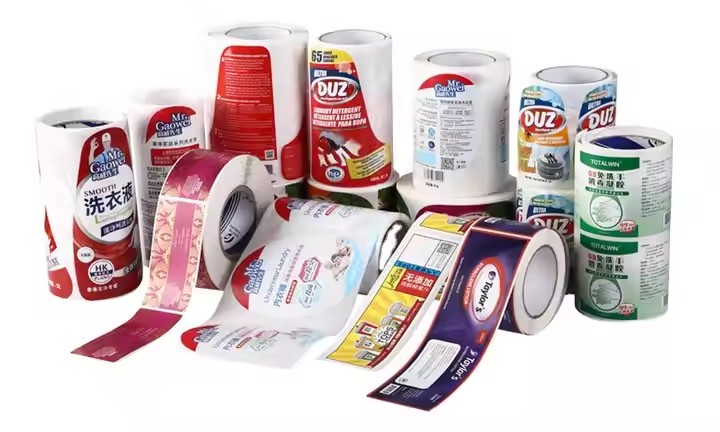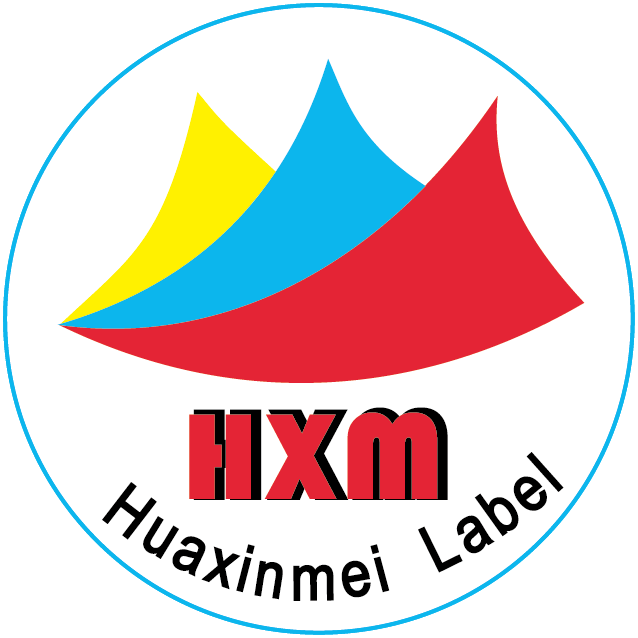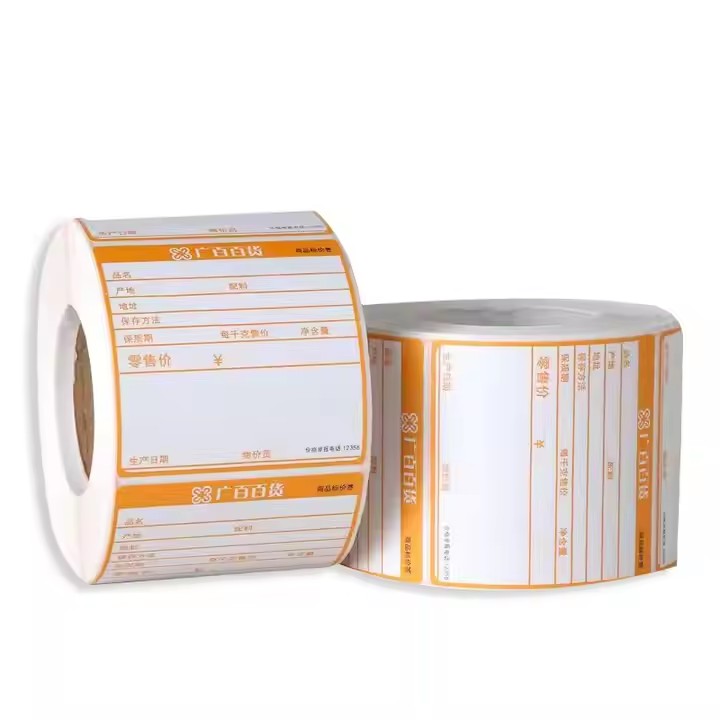I. Brand Building and Differentiation Competition
Building Brand Image
Wholesalers can create their own brand image through customized labels. They can add unique brand names, logos and slogans to the labels, and long-term use of such labels will help leave a deep impression on customers. For example, a wholesaler of stationery can customize labels with its own brand name “Wisdom Stationery Wholesale” and a logo featuring cute stationery patterns. Over time, retailers and consumers will gradually become familiar with this brand and its brand awareness will be enhanced. To build its own brand influence, label manufacturers need to convey the brand effect by establishing a brand, increase the popularity of their own brand and expand the brand influence.
Achieving Product Differentiation
In the highly competitive wholesale market, the phenomenon of product homogeneity is serious. Customized labels can distinguish the wholesalers’ products from those of their competitors. Wholesalers can design distinctive labels according to the needs and preferences of the target market. For instance, for markets with a strong awareness of environmental protection, wholesalers can highlight the features of environmentally friendly materials and sustainable production on the labels, such as “This product uses 100% recyclable packaging materials to contribute to environmental protection”. In this way, more environmentally conscious retailers can be attracted, and thus an advantage can be gained in the long-term market competition. Among similar competing products, it is necessary to understand the advantages of competing products so as to design label products that are different from competing products and give consumers a refreshing feeling. When designing product labels, the key is to be innovative and distinctive. Only by being special enough can they attract consumers’ attention and liking.

II. Customer Loyalty and Relationship Maintenance
Enhancing Customer Memory and Sense of Identity
Customized labels are like the “identity cards” of products. The unique label design will make it easier for retailers to remember the wholesalers’ products. When retailers choose among the products of numerous suppliers, familiar and attractive labels will increase the probability of their choosing the products of this wholesaler. Moreover, retailers will also pass this sense of identity on to end consumers. For example, for a food wholesaler known for its excellent service and exquisite labels, when retailers sell food with the customized labels of this wholesaler, consumers may have a favorable impression of the products because of the attractive patterns and clear product information on the labels, which will then promote sales.
Establishing Long-Term Cooperative Relationships
Providing products with customized labels can show that wholesalers pay attention to product details and are considerate to customers. This helps to establish stronger cooperative relationships with retailers. Retailers are more willing to have long-term cooperation with wholesalers who can provide customized services and help them boost sales. For example, wholesalers can customize labels according to the special requirements of retailers (such as the theme of holiday promotions) and add holiday elements and promotional information to the labels. Such a cooperative way will make retailers feel that the wholesalers are providing support for their sales, thus strengthening the long-term cooperation intention of both parties. Establishing a long-term cooperative relationship with customers will enable producers and wholesalers to build a friendly cooperative relationship, and when wholesalers customize goods, the price will be relatively lower. Establishing a friendly relationship between the two cooperative parties is helpful for establishing a longer production cycle and strengthening the stickiness of both parties.
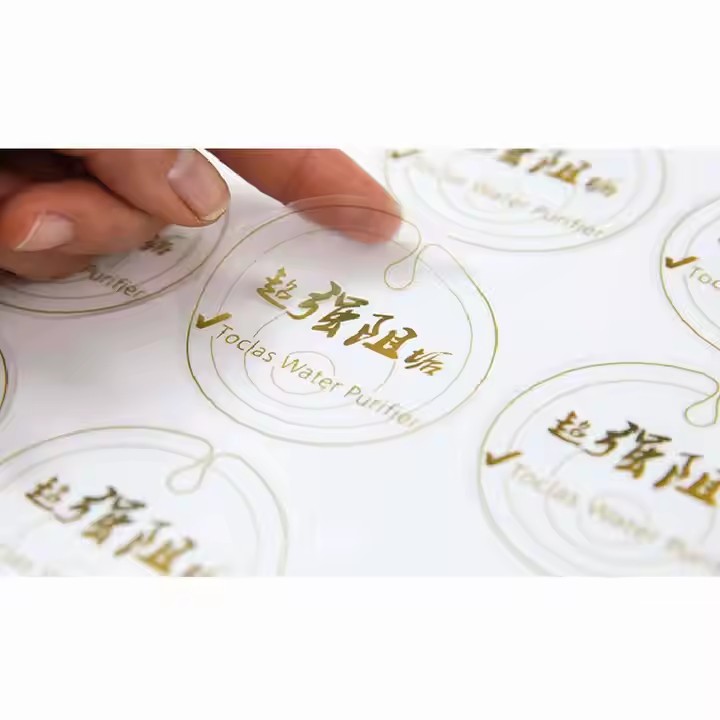
III. Market Adaptability and Flexibility
Adapting to Market Changes
Market demands and trends are constantly changing, and wholesalers can quickly adapt to these changes through customized labels. For example, when the trend of healthy food emerges, wholesalers can quickly highlight the health benefits of products on the labels, such as “Rich in multiple vitamins, low in fat, a healthy choice”. This flexibility enables wholesalers to better meet the constantly changing needs of retailers and consumers and maintain the competitiveness of products in the market. The updating and iteration of labels also helps to adapt to market changes. Therefore, for the external packaging of products, innovative designs should be carried out every year so as to keep up with the trend of the times and adapt to consumers’ preferences.
Product Diversification and Market Expansion
Customized labels can help wholesalers conveniently classify products and segment the market. Wholesalers can customize different labels for different sales channels, regions or customer groups. For example, for the high-end market, exquisite and textured labels can be designed to highlight the quality and high-end positioning of products; for the mass market, simple and clear labels that focus on cost-performance information can be designed. This is beneficial for wholesalers to expand markets at different levels, achieve diversified product sales, and, in the long term, expand the business scope and market share. In the field of label customization, different customizations should be carried out for different industries.
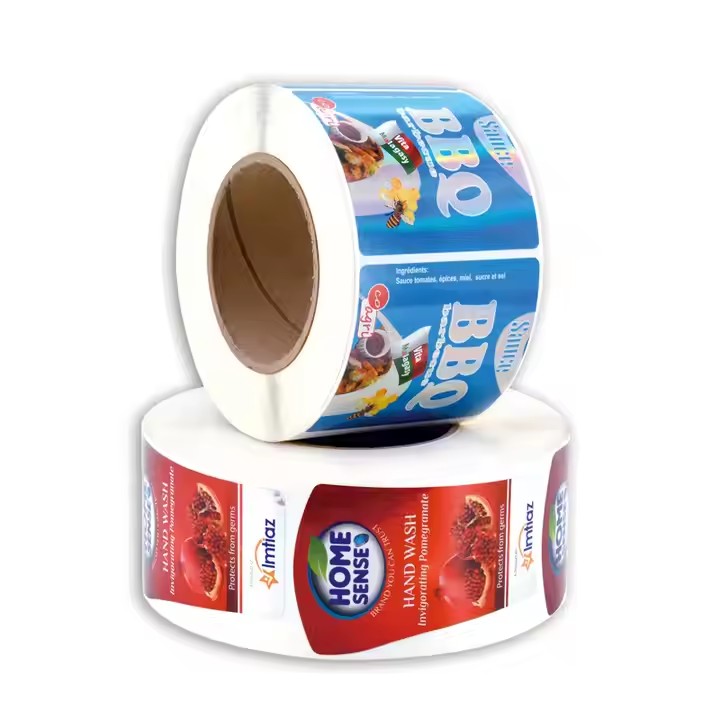
IV. Data Collection and Market Analysis
Tracking Product Information
Customized labels can contain information tracking means such as codes or QR codes. Wholesalers can use this information to track the flow and sales situation of products. For example, by scanning the QR code on the label, wholesalers can learn about the regions where products are sold and which retailers have good sales performance and other data, so as to monitor the market performance of products in the long term.
Consumer Feedback and Market Analysis
Feedback channels such as customer service hotlines and website links can be set on the labels. Wholesalers can collect the feedback opinions of retailers and consumers on products, including their views on label design itself. Through long-term accumulation of such feedback and market data, wholesalers can analyze important information such as market trends and consumer preferences, providing a basis for product improvement, new product development and marketing strategy adjustment.
